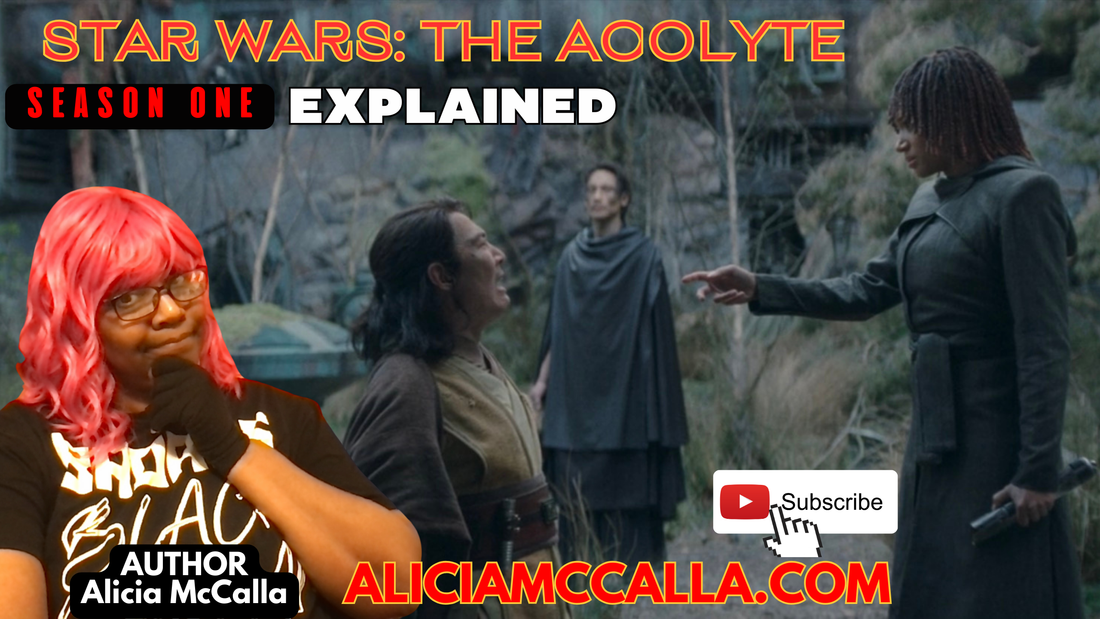
Is This the End of Star Wars? Season One Explained: Unpacking The Acolyte Using an Africana Womanist Lens
Share
I’ve been a Star Wars fan since I watched the first movie in 1977. I was almost 8 years old. As a devoted Star Wars fan, I've always believed in the inherent goodness of the Jedi. Their commitment to peace, justice, and the Light Side resonated with me deeply. So when The Acolyte fearlessly deconstructed the heroic Jedi myth through the experiences of two powerful Black girls, intersecting issues of patriarchy, racism, and colonization, it struck me hard. I was left shaken and hungry for more, even as it challenged my long-held views. I immediately understood that I needed to put on my Africana womanist lens to deconstruct the storyline. [YOUTUBE LINK]
From the first scene, I knew The Acolyte was taking us into uncharted territory. Watching Osha and Mai, daughters of a witch coven, see their community massacred by the "righteous" Jedi was a gut punch. In this context, the Jedi became an institution claiming moral authority, and their actions echoed real-world atrocities committed in the name of "civilizing" Black and indigenous peoples. The revelation that Master Sol, sworn to defend peace and justice, killed the twins' mother Aniseya in fear of her feminine power was both tragic and infuriatingly familiar. It made me question everything I thought I knew about the Jedi Order.
Subverting the Jedi Myth
The Acolyte boldly centers Osha and Mai's divergent responses to this trauma. Osha, broken and manipulated, denies her witch identity and trains as a Jedi, while Mai vows vengeance as a Sith acolyte. As an Africana Womanist, I ached for them, split by forces larger than themselves. Using this different lens, the Jedi preach detachment and suppression of "dark" emotions like anger and passion—the very feelings Mai and Osha must process to heal. By painting traditionally feminine-coded traits as suspect, the Jedi uphold a patriarchal system that demands assimilation and enables abuse.
Yoda's words, "You must unlearn what you have learned," resonate deeply here. The Acolyte forces us to unlearn the idealized image of the Jedi and confront the darker realities of their legacy.
While the pacing was slow initially, and I was on the fence, the series picked up steam and became utterly engrossing by the end. Watching the Jedi's façade of benevolence crumble was visceral—in some ways satisfying and in other ways terrifying. However, it became clear to me, from an Africana Womanist lens, that seeing Osha reclaim her heritage and wield her full power, dark and light, with agency was a revolutionary act. Unlearning internalized misogyny is never painless, but it's necessary to dismantle oppressive structures. The Acolyte illustrates how the road to liberation is paved by courageous Black women like Osha and Mother Aniseya embracing all of themselves.
Who Controls The Force? Accountability and Liberation
The Acolyte makes clear that reform is impossible without accountability. Hollow apologies can't undo centuries of harm nor can covering up the truth. When Osha forces Sol to face the consequences of his actions, it's a symbolic triumph over gaslighting and tone policing used to silence Black women. Her victory is not just personal but a win for all of us fighting to have our truth acknowledged. It also adds fuel to the fire of why the Jedi are ultimately destroyed—their hubris and hypocrisy sowed the seeds of their own downfall.
In the end, The Acolyte became a battle cry for Black women's stories in Star Wars and speculative fiction at large. As an author crafting empowering Afrofuturist and urban fantasy tales starring badass Black heroines, I felt so seen and inspired watching Osha and Mai burn restrictive boxes to ashes. A new age is rising, one where we define our own myths on our terms.
While many questions remain unanswered, and the flashback episodes felt a bit heavy-handed, The Acolyte is a thrilling first step into a wider world. I sincerely hope Lucasfilm continues this groundbreaking series and green lights more projects that challenge convention and reflect the diversity of the Star Wars fanbase. Our community is stronger for elevating voices like showrunner Leslye Headland's and actresses Amandla Stenberg and Jodie Turner-Smith. When Black women have the platform to tell our stories authentically, that's when the real Force awakens.

Key Takeaways from The Acolyte
As a Black woman and lifelong Star Wars fan, I've always viewed the Jedi from a positive space. But watching *The Acolyte* revealed three powerful revelations that challenged even my understanding of the Order:
1. The Depths of the Jedi's Patriarchal Oppression: I knew the Jedi were flawed, but The Acolyte laid bare the insidious ways their rigid, male-dominated hierarchy perpetuated systemic oppression and silenced marginalized voices.
2. The Jedi's Complicity in Colonization: The Acolyte forced me to confront how the Jedi's actions, even when framed as heroic, often mirrored the damaging impact of colonization on indigenous peoples and cultures.
3. The Moral Complexity of the Jedi's Choices: Through the lens of Africana Womanism, The Acolyte challenged the notion of the Jedi as unequivocal heroes, revealing the darker consequences of their absolutist moral framework.
So what did you think of The Acolyte? Did it change how you view the Jedi and the Force? I'd love to hear your take. Thanks for riding this starship with me. Until next time, May the Force Be With You, and may The Acolyte stir a little "good trouble."
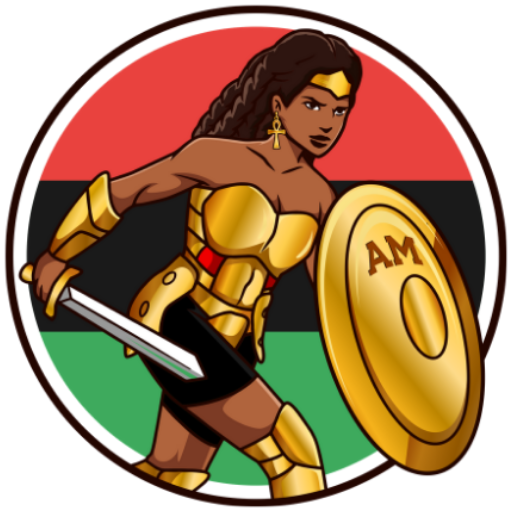
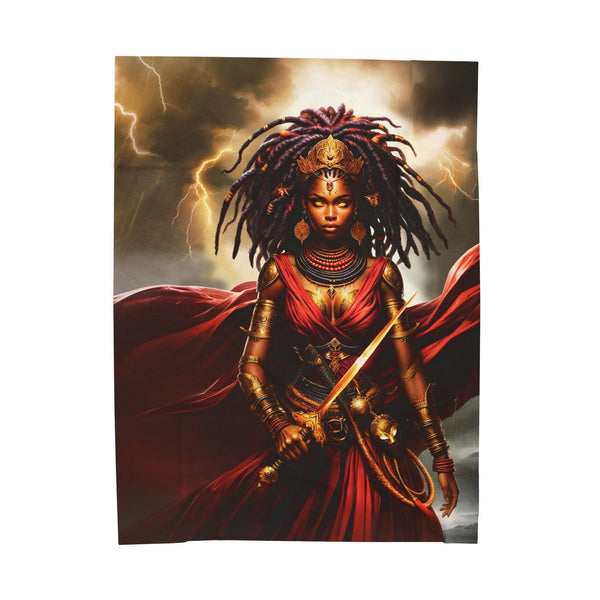
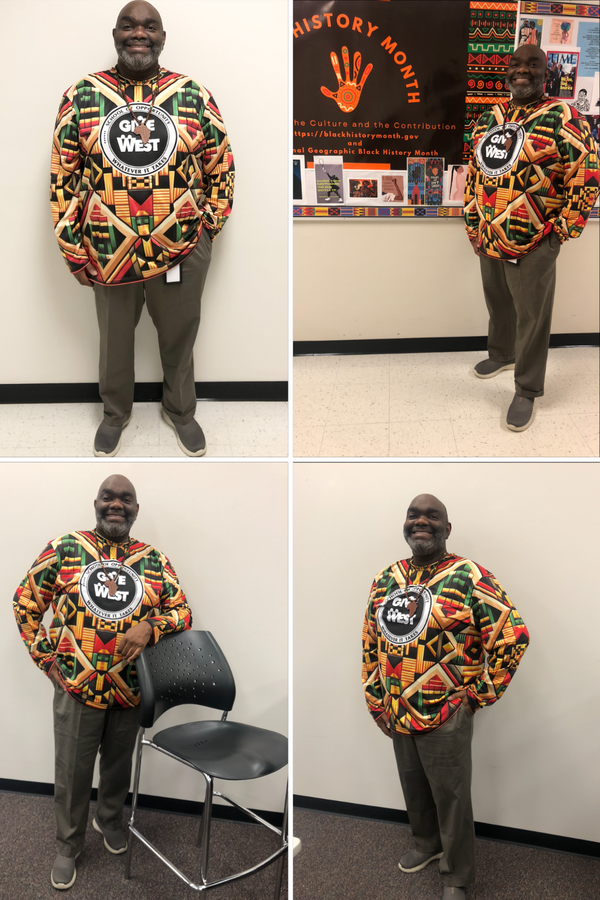
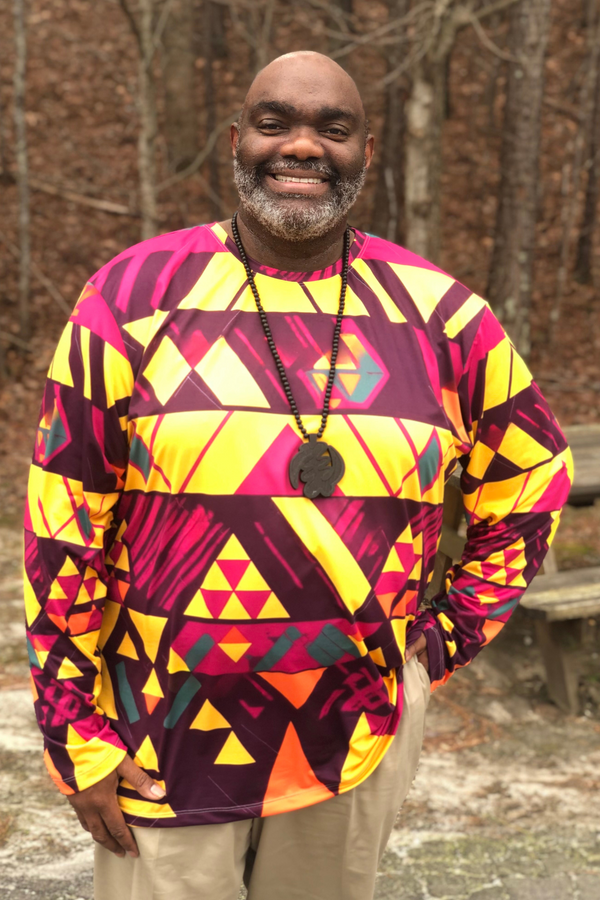
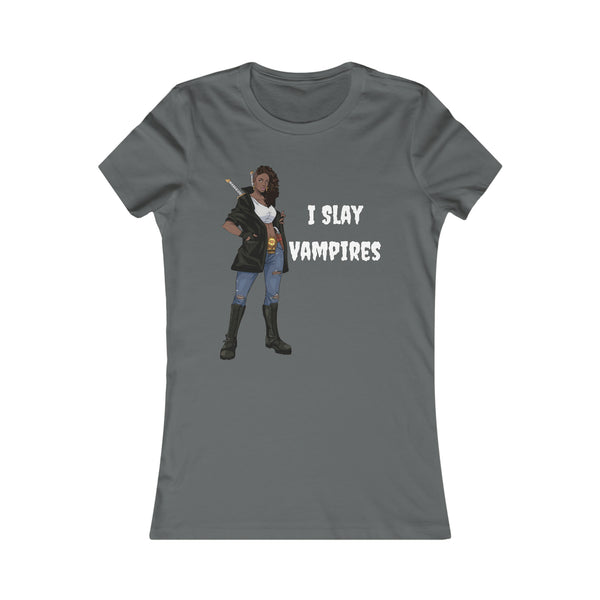
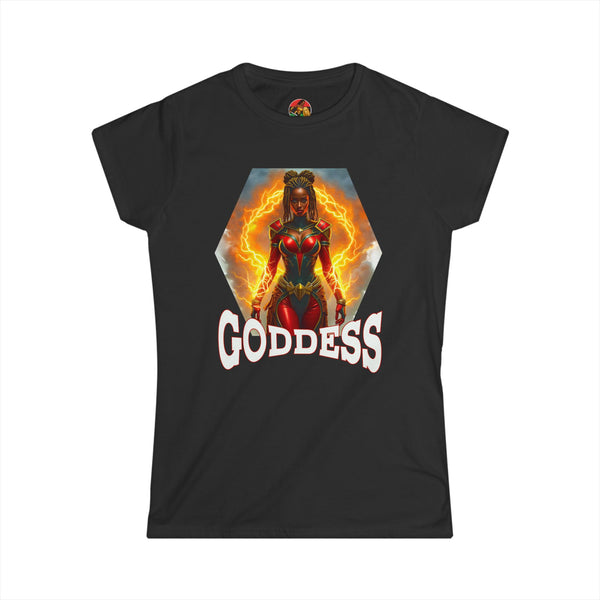
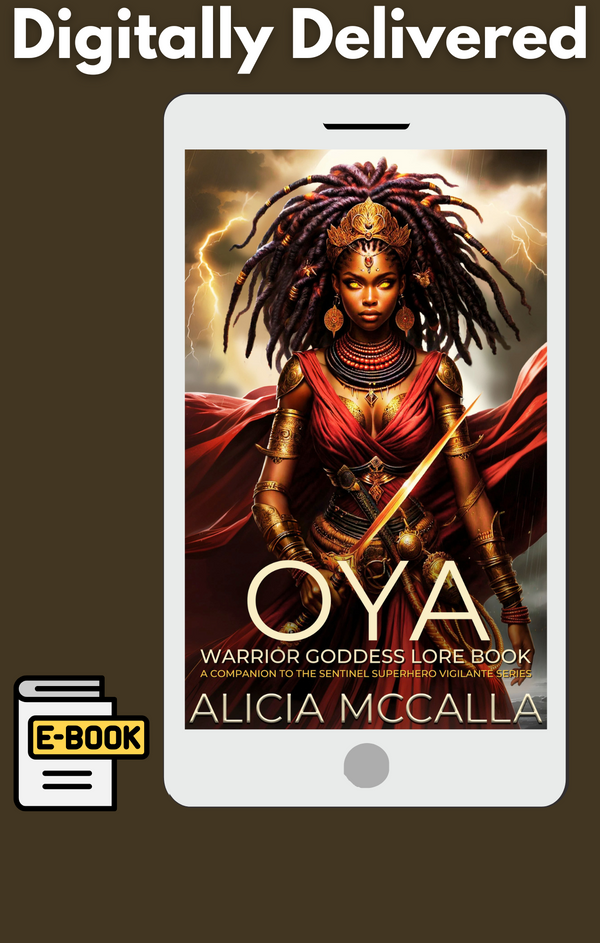
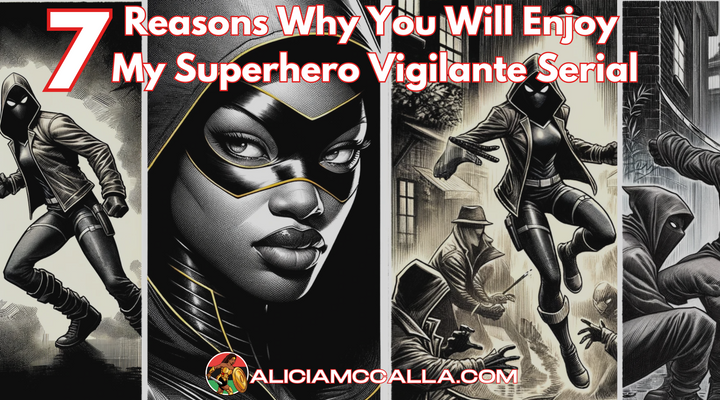
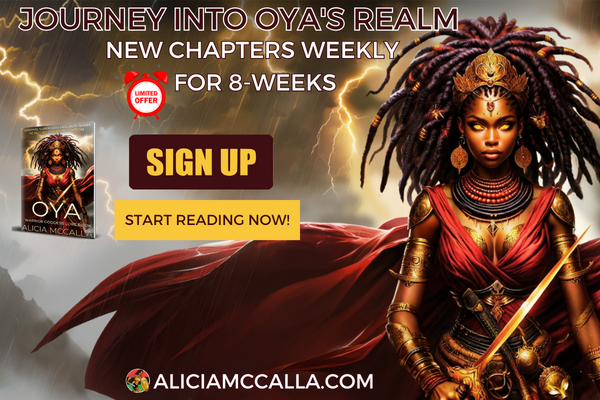
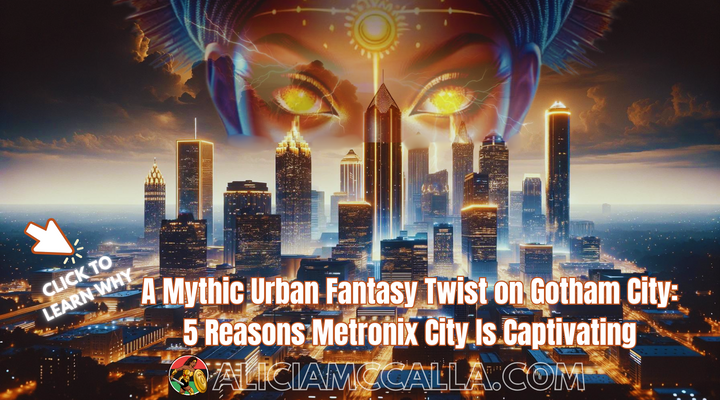
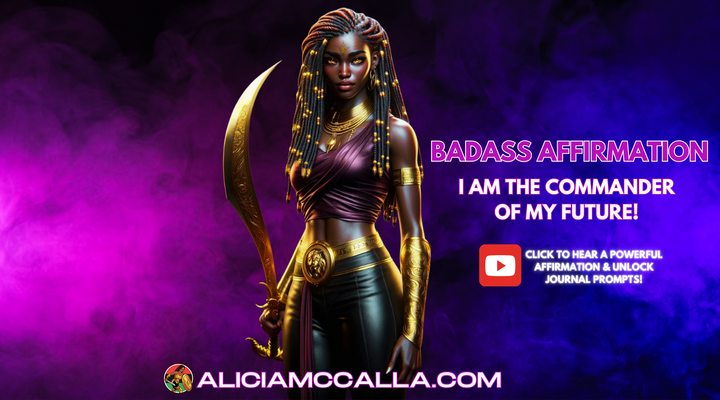
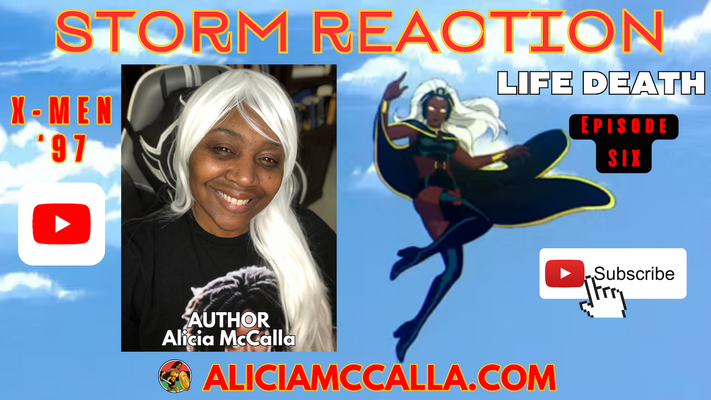

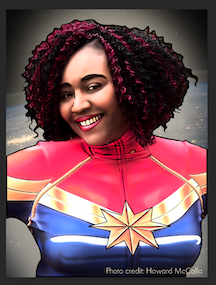
4 comments
Hey AD,
Thank you so much for your kind words! I’m thrilled that you enjoyed the review and that it sparked your interest in watching The Acolyte. The series does delve into some really complex and thought-provoking themes, which I found both challenging and enlightening. I can’t wait to hear your thoughts on it once you’ve had a chance to watch!
Your support means a lot, and I’m always grateful for our friendship and shared love of storytelling. Looking forward to catching up soon and discussing all things Star Wars!
Hi Alicia. I really liked your review. I haven’t seen the Acolyte yet but thought it looked really good. I really have to watch it now after reading your review as i didn’t realise it had such complex themes. Good job!
Hey Maya,
Thank you so much for your kind words! It means a lot to hear that my review resonated with you. I’m so glad we’re on the same wavelength about The Acolyte. For a while there, I thought I was the only one. 😅 These deeper themes are so important and it’s wonderful to have meaningful conversations about them.
May the Force be with you too, my friend!
After weeks of seeing people whine and complain about the series, reading your review was a breath of fresh air. I love that we both saw the same themes in the show and that it brought up the same questions. Thank you for writing this! I’m glad to know I’m not the only one who was thinking along these lines. May the Force be with you.